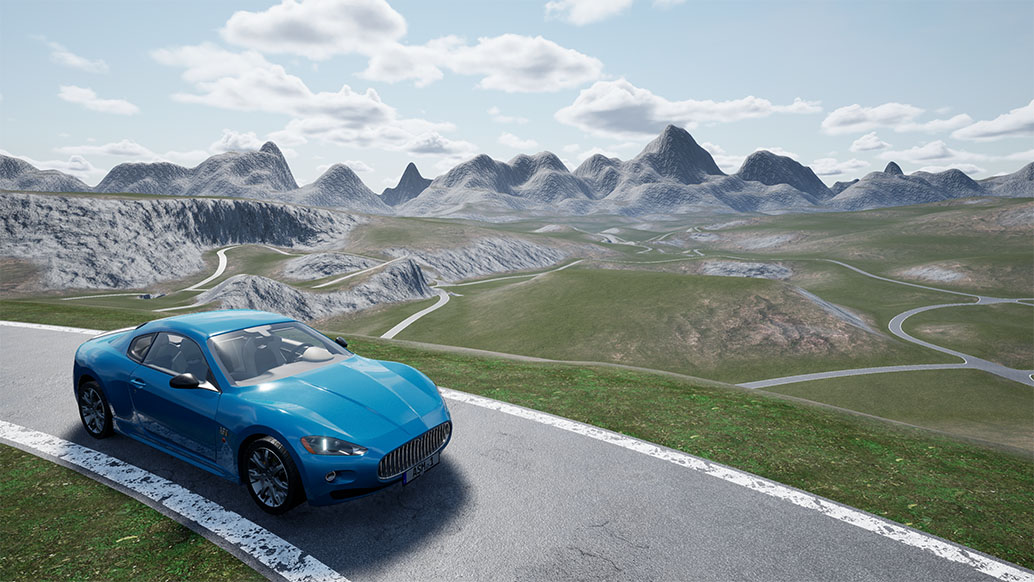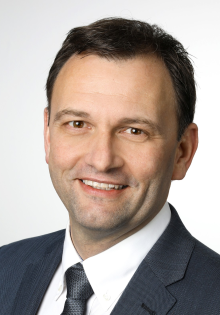Parking assistant, distance control, fatigue detector – the complexity of automated driving functions is constantly increasing. This also increases the requirements for testing and development methods. The benefit of virtual environments is that they can precisely control external factors such as road and weather conditions and subject autonomous vehicles to extensive testing. However, manually generating such landscapes is often a very time-consuming, expensive process. Scientists from the Heinz Nixdorf Institute, the Department of Computer Science and SICP – Software Innovation Campus Paderborn at Paderborn University have been working together with the technology company dSPACE GmbH to develop algorithms for automatically generating such three-dimensional simulated worlds. The total volume of dSPACE GmbH’s research contract with Paderborn University is around 220,000 euros.
3D landscapes for vehicle simulators
The ‘Open Simulation Interface (OSI) goes 3D’ project was launched in 2019 with the aim of taking methods already being applied to driving assistant development and also using them to generate 3D landscapes for vehicle simulators. Using the OSI standard, the research team developed a software solution that transfers a vehicle’s motion data and also environmental data into a 3D simulator. While this happens, algorithms use pure road data to generate various realistic simulated worlds.
‘Simulated environments such as these are hugely important, particularly for the development and testing of autonomous vehicles, as these cannot be tested in the real world’, explains Sascha Brandt, who was involved in the project as a research assistant in the ‘Algorithms and Complexity’ research group at the Heinz Nixdorf Institute. ‘Sufficiently educating the artificial intelligence in autonomous vehicles requires algorithms that generate as varied and realistic driving scenarios as possible. This is the only way to prepare it for the real world and all the events of road traffic’, he continues.
Prototype undergoing practical testing at dSPACE
As part of the ‘OSI goes 3D’ project that was completed at the end of last year, the research team managed to develop a prototype. ‘Our prototype is now able to use algorithms fed with road data to automatically generate simulated environments suitable for simulating a variety of realistic situations’, explains Dr. Matthias Fischer of the Heinz Nixdorf Institute.
‘Thanks to the project, we have been able firstly to use information about road networks to automatically generate 3D landscapes, and secondly to transfer vehicle movements based on the OSI standard into our sensor simulator. This collaboration with SICP has been very professional and has impressively demonstrated how both universities and companies can benefit from collaborations of this kind’, as Dr. Matthias Gehrke, project manager at dSPACE, notes regarding the added value for this Paderborn company, which helps automotive manufacturers and suppliers across the world to develop innovations for the mobility of the future.
For project coordinator Dr. Stefan Sauer, CEO of SICP, this result impressively emphasises the strength and practical orientation of the partnerships at SICP, which has 23 member companies including dSPACE. ‘Working together with the developers from dSPACE GmbH, we have managed to transfer algorithms and methods from research into a practical solution that the company can now offer to its customers in the automotive sector’, Sauer explains.



